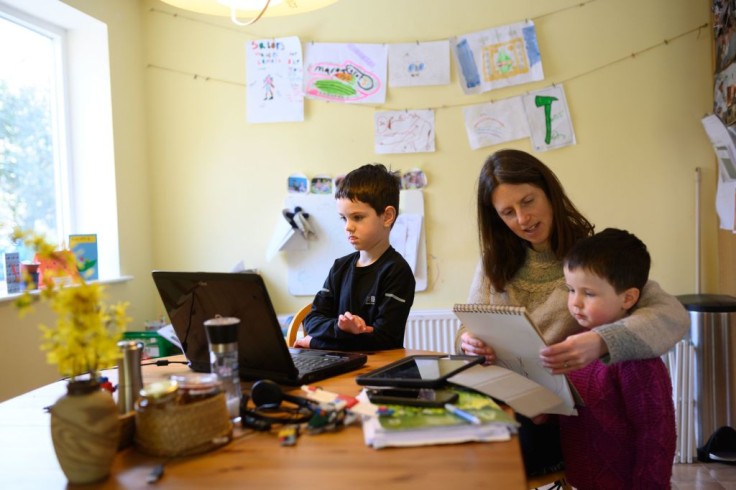
Homeschooling provides a unique opportunity for parents to take an active role in their child's education. One crucial aspect of homeschooling is evaluating your child's educational progress. Unlike traditional school settings, where grades and standardized tests often serve as benchmarks, homeschool progress tracking requires a more holistic approach.
Educators employ various assessment tools to gauge student learning, such as standardized tests and spontaneous quizzes. However, homeschooling parents often wonder how they can evaluate their child's progress. While the methods may differ from traditional schooling, it's important to understand the purpose and expectations of assessments.
According to The School Run, Dr. Alan Thomas, an expert in the field, homeschooling allows for individualized progress, and the approach to monitoring learning can be subjective.
With that, here are effective strategies and methods to assess your child's learning outcomes and ensure their educational development in homeschooling.
How To Evaluate Educational Progress in Homeschooling
Evaluate through meaningful conversations
As recommended by All Around Club, gain insights into your child's educational progress in homeschooling by engaging in purposeful dialogue. Initiate discussions about their interests, challenges, and what they have learned. Employ open-ended questions that encourage reflection on their learning experiences. Actively listening to your child's responses provides valuable information regarding their understanding of various subjects and highlights areas that may require further attention.
Encourage role reversal
An effective way to assess your child's grasp of a subject is by inviting them to take on the role of a teacher. Ask them to teach you or a sibling about a specific topic. This exercise not only reinforces their knowledge but also enhances their communication and critical thinking skills. Observing how they explain concepts or demonstrate problem-solving techniques offers valuable insights into their educational progress.
Understand your child's educational objectives
Establish clear learning outcomes or goals for each subject or topic your child is studying. These objectives can encompass academic achievements, practical skills, or personal growth. By defining these milestones, you can effectively evaluate your child's progress and determine whether they are meeting the desired targets. Regularly review their work and observe how they apply their knowledge in practical situations.
Allocate dedicated one-on-one time
According to EdTech Reviews, set aside quality time for individualized interactions with your child to gain a deeper understanding of their strengths, weaknesses, and interests. Engage in activities that stimulate critical thinking, problem-solving, and creativity. Observe their cognitive processes and make note of their progress in different areas. This focused attention allows you to provide tailored support and adapt your homeschooling approach accordingly.
Foster self-assessment
Encourage your child to participate in self-evaluation. Teach them the importance of reflecting on their work, identifying areas for improvement, and setting personal goals. By nurturing self-awareness and self-assessment skills, you empower your child to take ownership of their learning journey. This practice also enhances their metacognitive abilities, enabling them to become independent and lifelong learners.
Maintain realistic expectations
According to the Verywell Family, it is crucial to maintain reasonable expectations regarding your child's progress in homeschooling. Recognize that every child learns at their own pace, and it is important to respect their individuality. Avoid comparing your child's achievements with those of other homeschoolers or traditional school students. Instead, focus on their growth, continuous improvement, and the development of essential skills.
Assign engaging projects
Enhance your child's educational assessment by assigning projects or real-life tasks. These projects provide an opportunity for them to showcase their creativity, research skills, problem-solving abilities, and time management. Monitor their progress throughout the project and provide constructive feedback to encourage their development and growth.
Create and maintain a comprehensive record
Develop a portfolio to document your child's educational journey and progress. This portfolio can include samples of their work, completed projects, notable achievements, and assessments. Regularly update and review the portfolio to track their growth over time. By compiling this comprehensive record, you can gain insights into their accomplishments and share it with educational institutions or refer to it in the future.